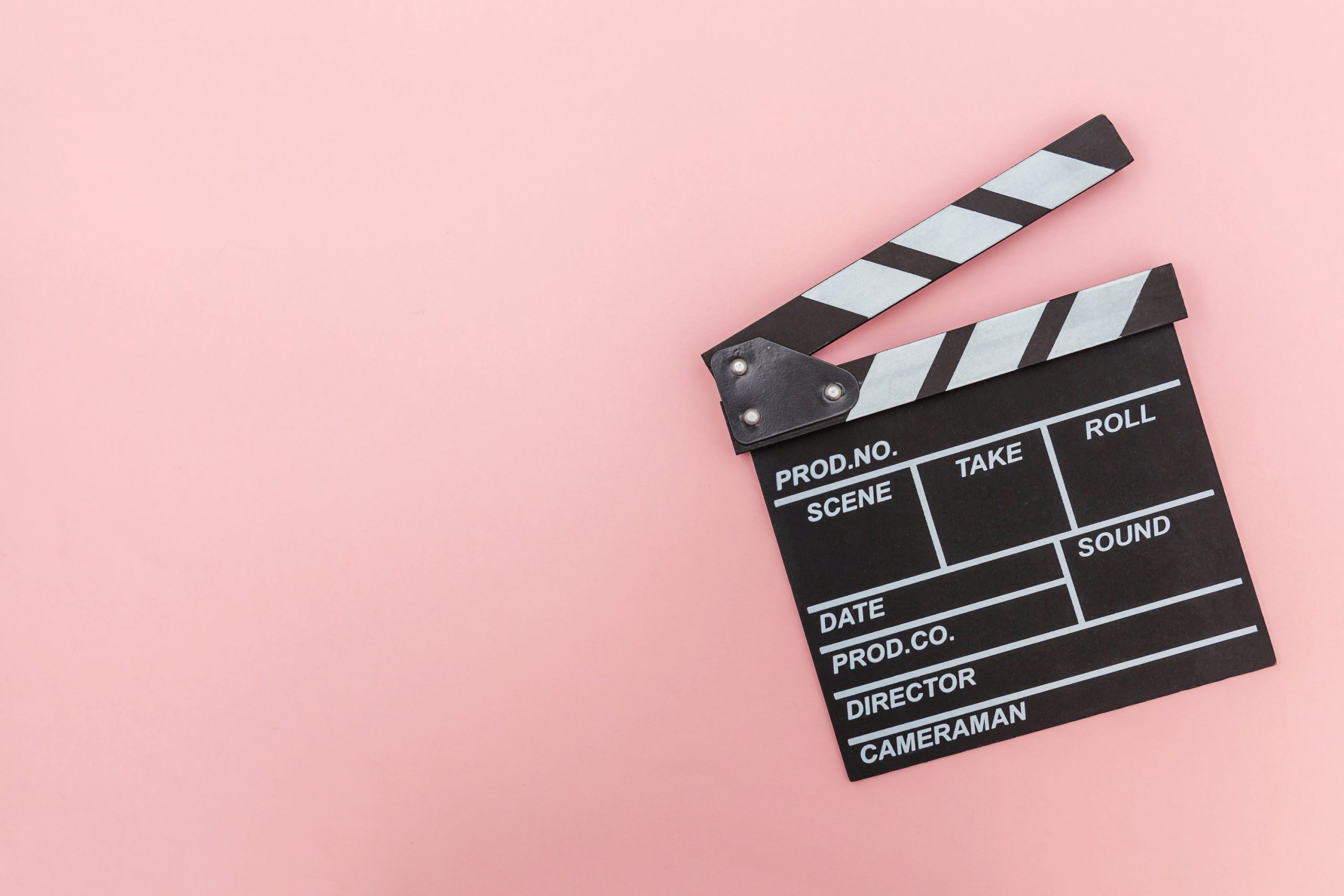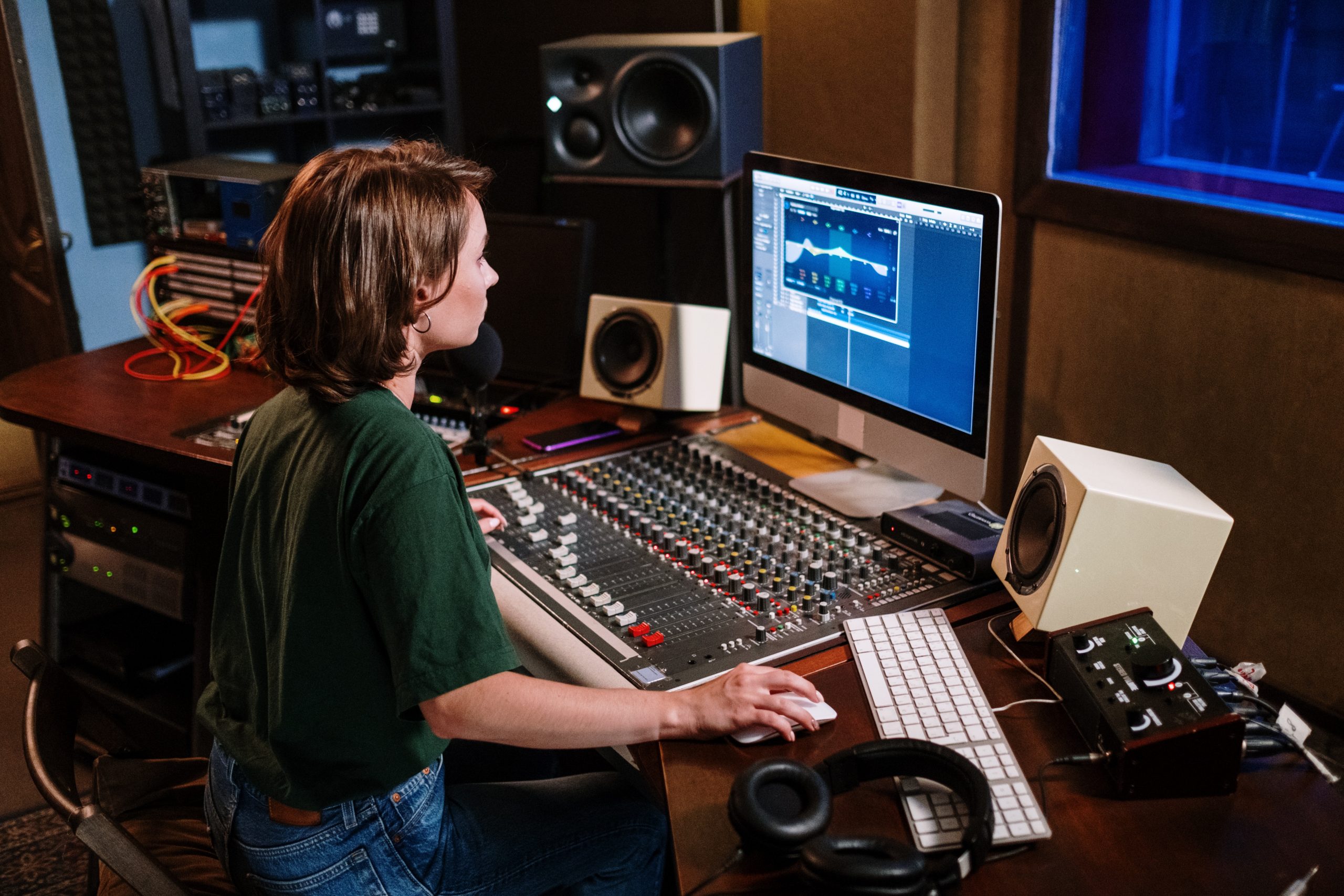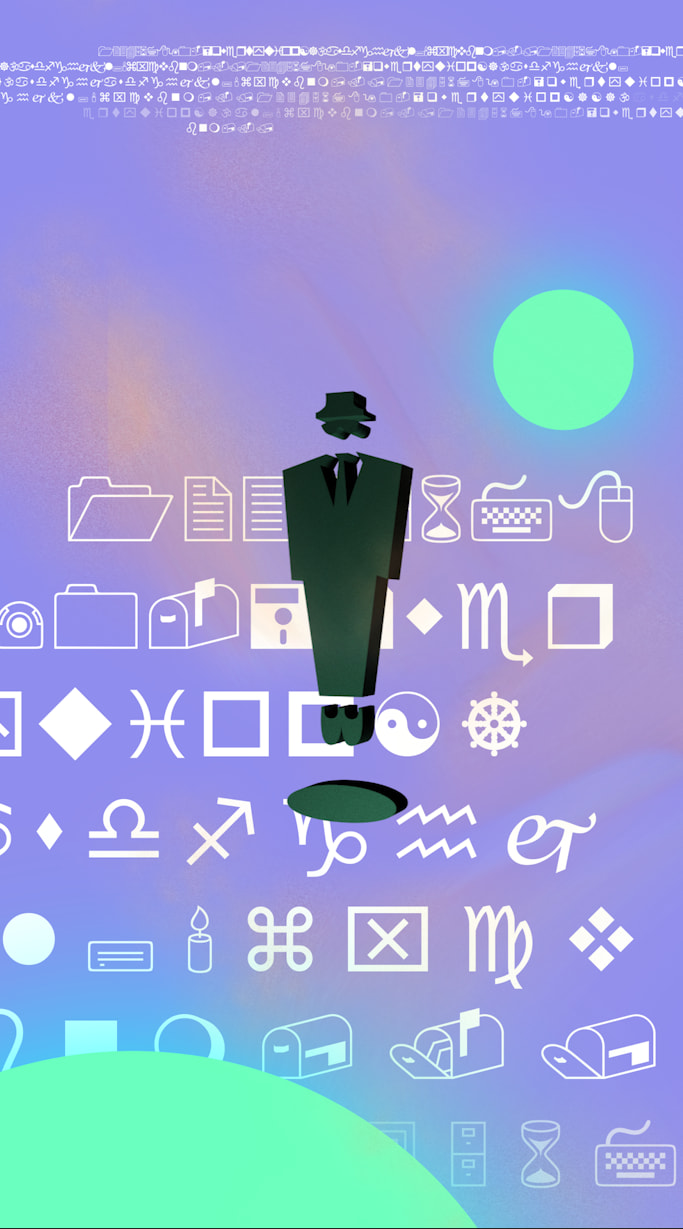What Are Music Syncs & Why Are They Important For Artists?
What are syncs in music?
If you’re trying to make a living off of music, you may be scouring the internet for ways to ramp up your Spotify plays or to sell more physical records. If you’re reading this, you may be one of those musicians that spend most of the year on the road selling your artistic wares, but still, struggle to make ends meet.
Music sync licencing may be the answer to your financial prayers. But what is it exactly? And how does it work?
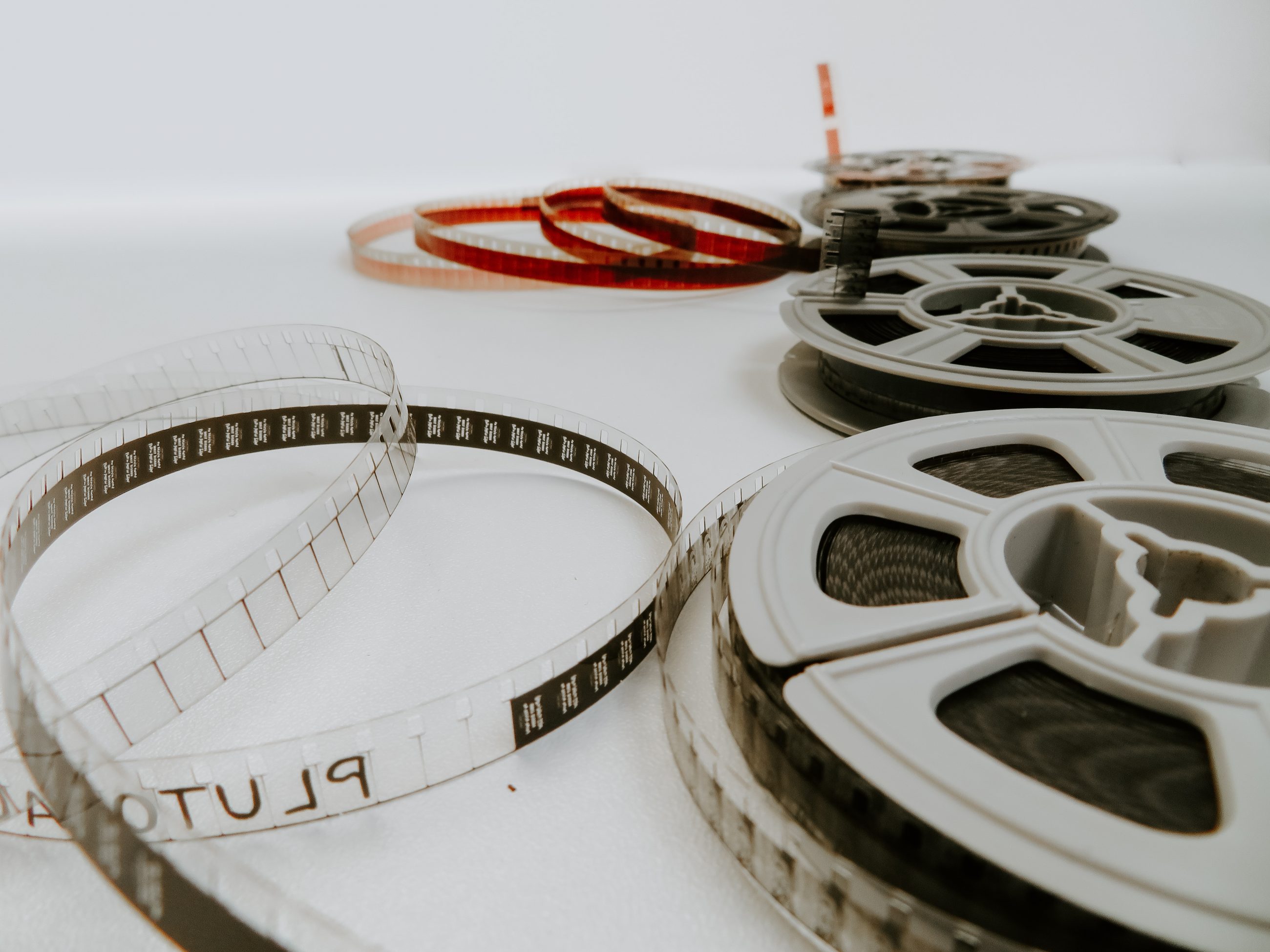
The Basics
A music sync, or synchronisation refers to when a piece of music is used to amplify (is synchronised to) visual media such as adverts, movies, TV shows, video games and so on. A music sync deal is usually negotiated by a music publisher (on behalf of the artist), and a music supervisor.
Music supervisors are individuals who are contracted by big production companies to source music for a particular project. Therefore, catching a music supervisor’s eyes and ears is necessary for your music to potentially be featured in a Netflix series or a car ad.
A music sync licence refers to the actual contract that allows a company or an individual to use your music in a moving picture. Multiple parties may be involved, as music sync licensing usually deals with both the composition rights and the master rights.
Signing with a reputable music publisher increases your chances of landing music syncs, as publishers typically have an established relationship with key music supervisors and are responsible for pitching your music. It’s important to note that not every single project has a music supervisor, and some companies, such as most video game companies, end up employing their own sound designers or composers for particular projects or opt for tracks by certain artists directly, making the music sync world a very competitive sphere indeed.
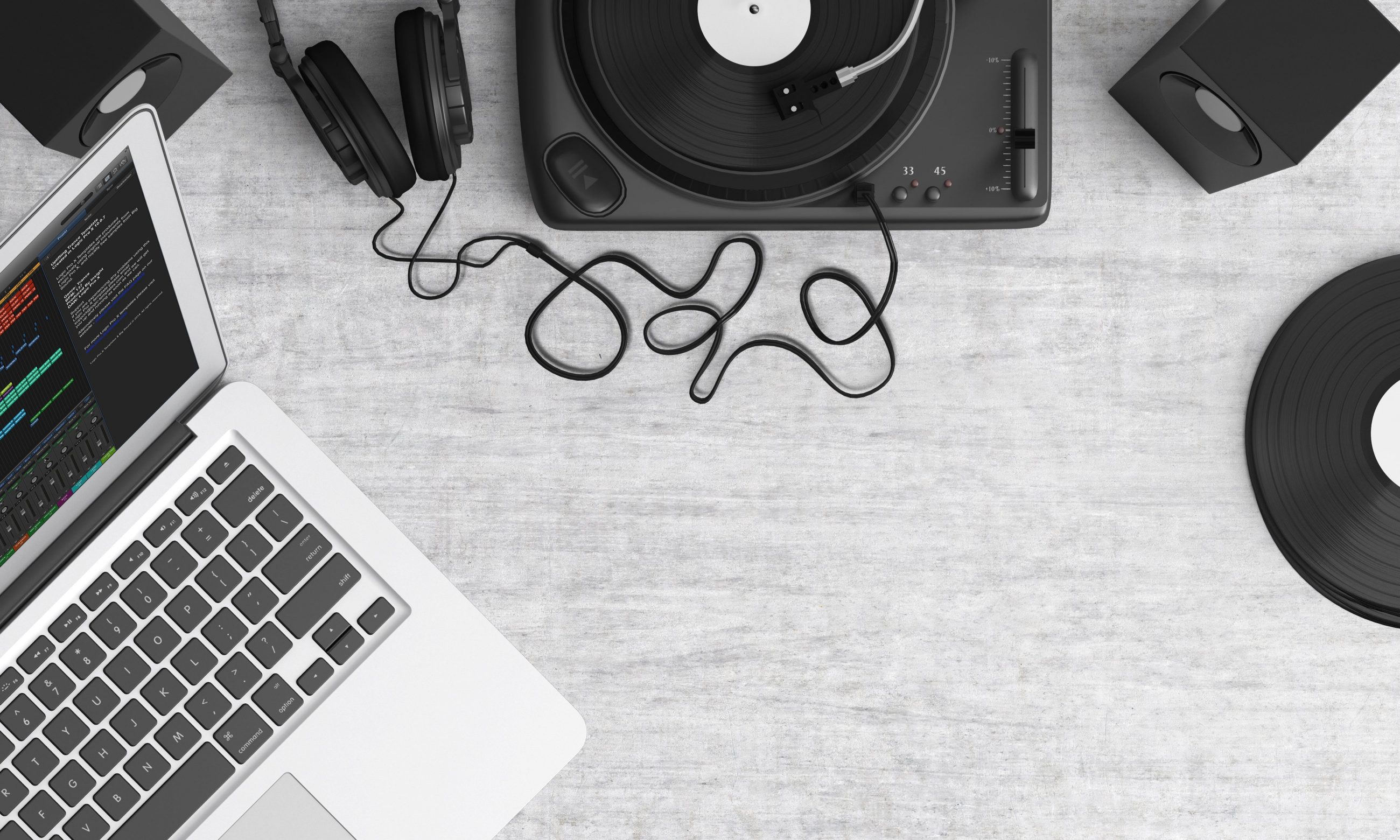
Why are music sync deals important for artists?
Simply put – music syncs result in much bigger payments than the micro-payments that are generated every time a fan streams or purchases your tracks.
Sync deals empower artists to rest assured that they have enough money to pay the bills, without having to clock up thousands of miles or record any new tracks. This is especially true when a song is used multiple times by different companies, generating a sort of passive income for the artist. Furthermore, it’s another way of reaching a whole new audience of potential fans, and this is especially useful if you’re an emerging artist. All in all – music sync deals are a way of making money and gaining recognition. Sounds like a pretty good deal, right?
Final notes
The music sync world is hugely competitive as the rewards are high. Therefore, bag yourself a good publisher with a proven track record of landing sync deals, to give yourself and your music the best chance of getting to the right people, at the right time.



